Projects
For the last two decades The Rangelands Partnership has successfully collaborated on local, regional, national, and international projects to create and distribute new rangeland knowledge. Read about current and past projects.
Current Projects
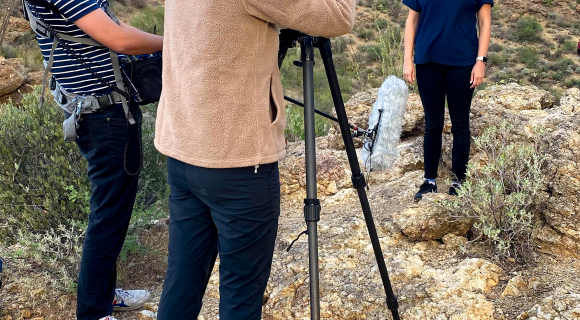 STATUS: Current Projects
STATUS: Current ProjectsTechnology Toolbox: Moving Beyond Face-to-Face Outreach
Creating professional development opportunities for rangeland Extension professionals to develop and implement innovative technologies and program delivery approaches to enhance their ability to share sustainable rangeland information with livestock producers.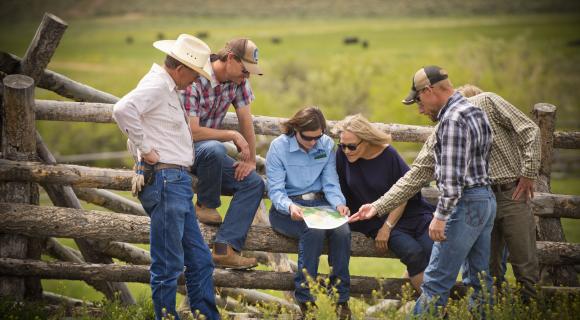 STATUS: Current Projects
STATUS: Current ProjectsExpanding Extension Capacity Through RangeDocs
Expands RangeDocs to include locally important Extension documents, creates new collections on critical rangeland issues, and provides access to new videos and how-to guide to enhances access to key national rangeland resources and Extension documents.- Photo by: Amber DalkeSTATUS: Current Projects
Online Communication Strategies for Rangeland Professionals
Rangeland professionals know a lot about rangeland ecology and management, not necessarily marketing, especially online communication. This guide and webinar series will help improve your skills and knowledge on online communication by outlining key strategies for communicating your rangeland or natural resources work to the right audiences. 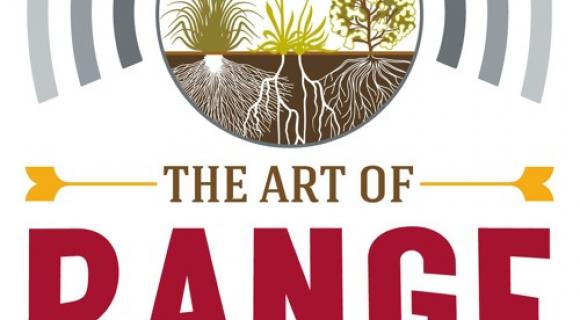 STATUS: Current Projects
STATUS: Current ProjectsArt of Range Podcasts
Provides education through conversation with some of the brightest minds in rangeland management. Interviewees include researchers, ranchers, and resource professionals.
Past Projects
- STATUS: Past Projects
2018-2022 RREA Strategic Plan
Provided direction for enhancing Extension programming on critical issues threatening the health of forests and rangelands, and the people whose livelihoods depend on them. 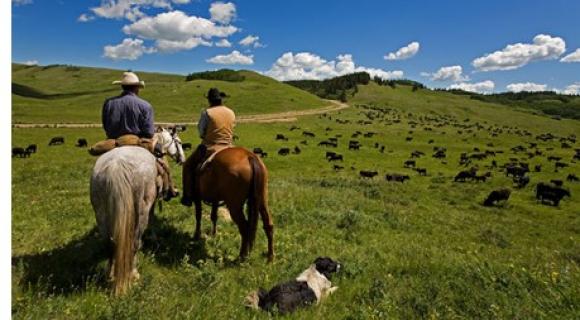 Photo by: Meridican (via Flickr)STATUS: Past Projects
Photo by: Meridican (via Flickr)STATUS: Past ProjectsRangeDocs: A National Grazingland Information System
A new and innovative search tool that allows users to search rangeland terms and pinpoint highly relevant paragraphs of applicable information from key national rangeland resources and Extension documents.- STATUS: Past Projects
An Online Toolkit for Managing Shrub Encroachment
Shrub encroachment and the interventions taken to reduce shrub cover (brush management) are critical areas of concern for land managers and producers in rangelands across the Great Plains and the western US. This project brings together research and outreach to construct a practical, user-guided, web-based ‘toolkit’ for determining best options and opportunities for managing undesirable woody weeds. 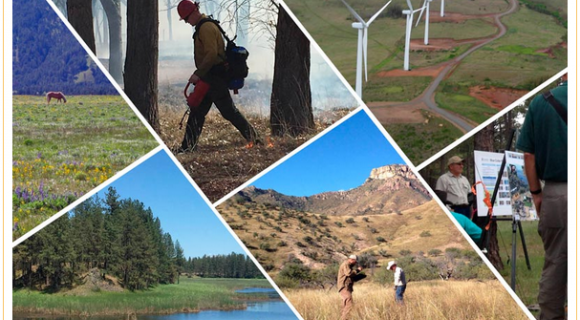 STATUS: Past Projects
STATUS: Past ProjectsWeb-based Conference Series
A series of nine webinars based on RREA strategic issues feature creative, innovative, and effective Extension programs. These webinars focus on programming through enhanced connections.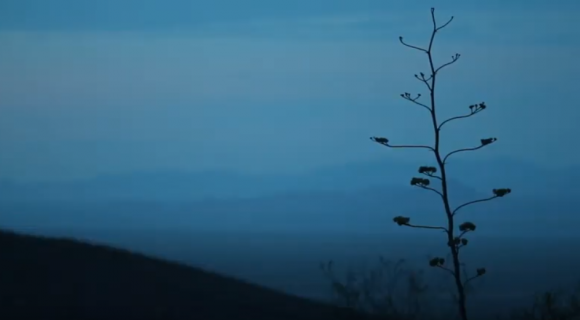 STATUS: Past Projects
STATUS: Past ProjectsDiscovering our Nation's Rangelands
Developed videos and podcasts to document local knowledge about rangeland management and viewpoint videos on key topics.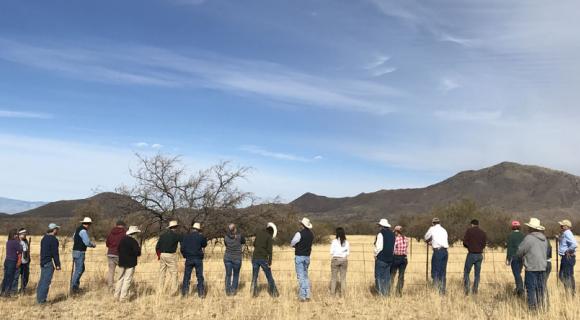 STATUS: Past Projects
STATUS: Past ProjectsBrush Management Worskhops
Three interrelated workshops on landscape level vegetation management strategies were held for Extension and NRCS personnel, non-profits, landowners, and other stakeholders.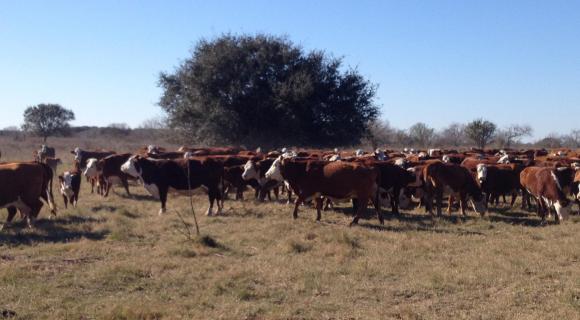 Photo by: Amber DalkeSTATUS: Past Projects
Photo by: Amber DalkeSTATUS: Past ProjectsA New Look at the Role of NEPA on Public Land Grazing Issues
General information about public lands and public lands grazing intended for both the general public and for ranchers who what to know more about the history and characteristics of the public lands grazing system.